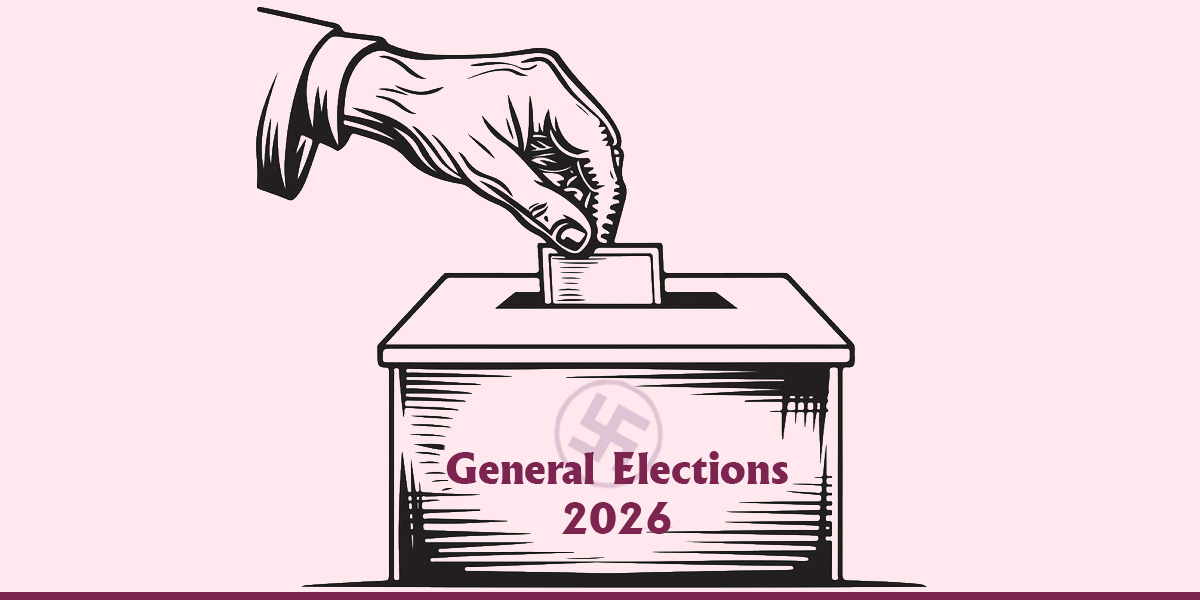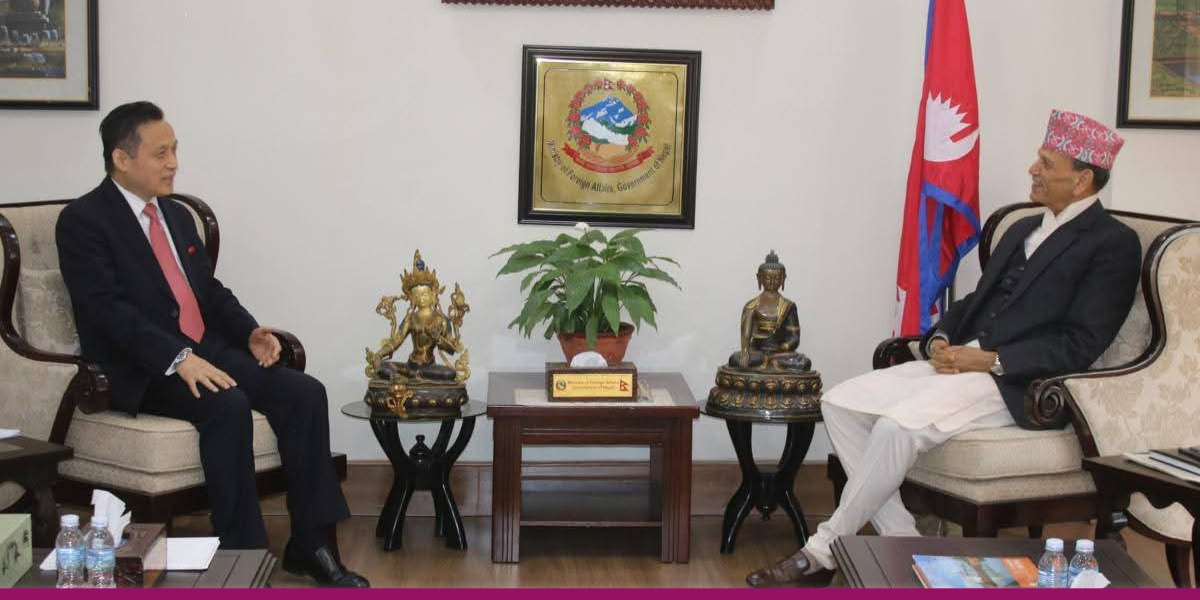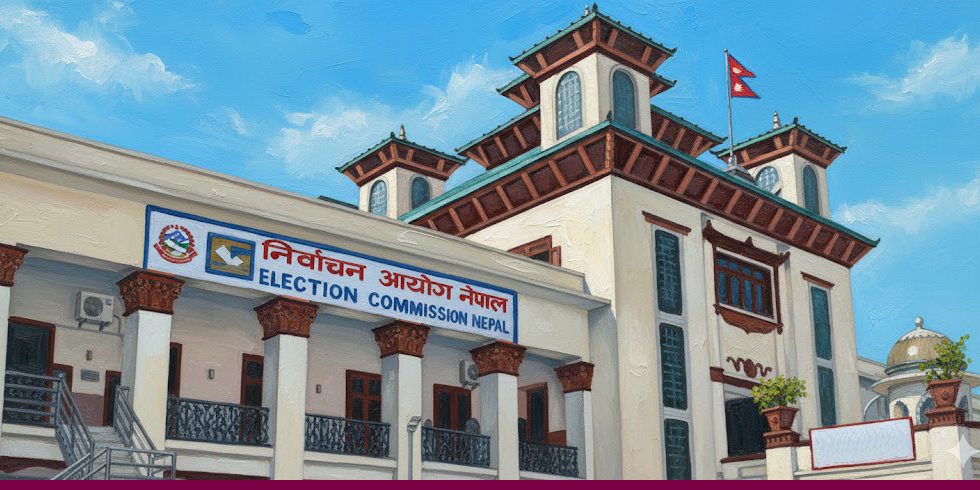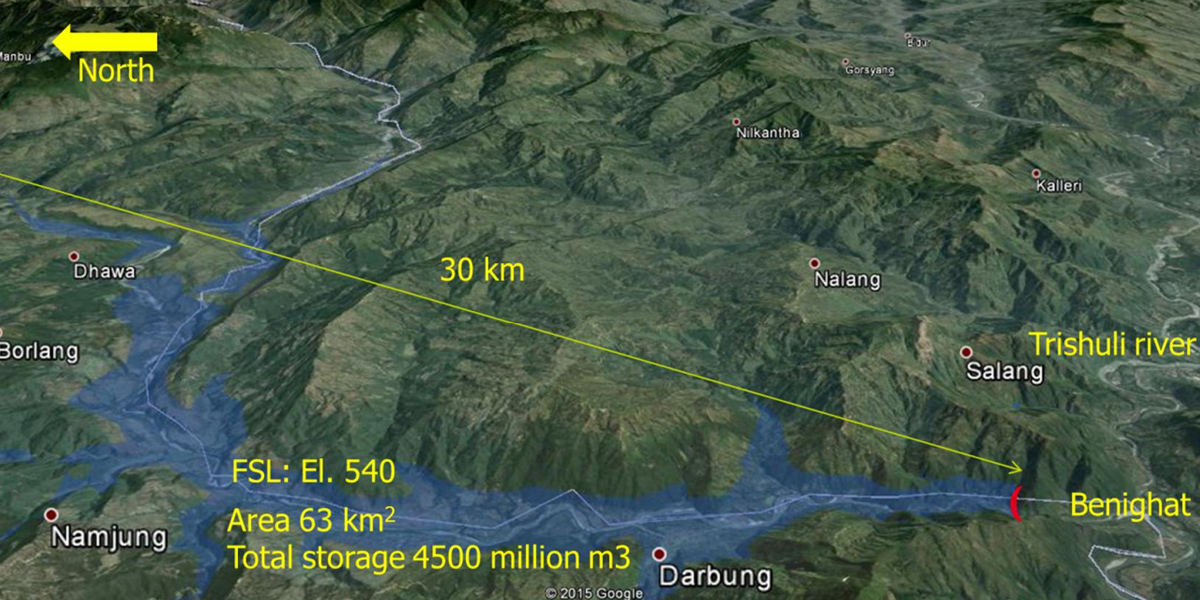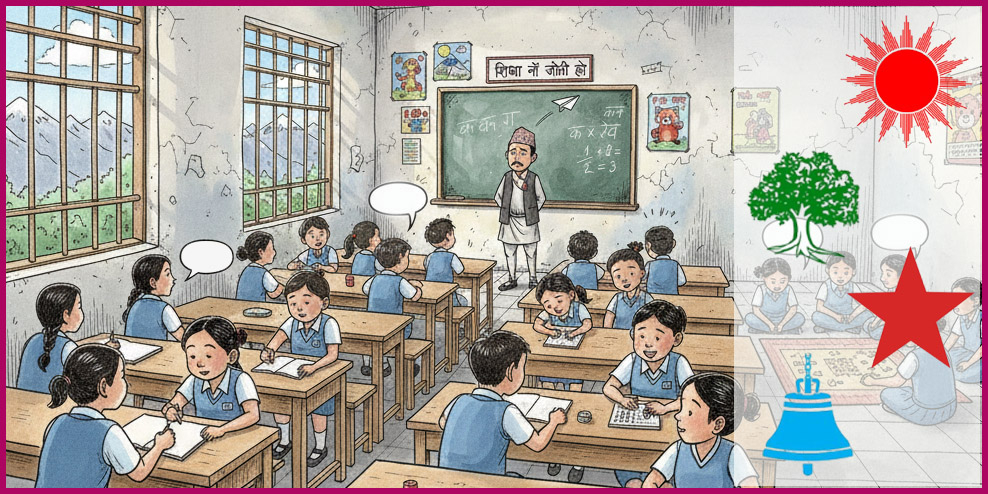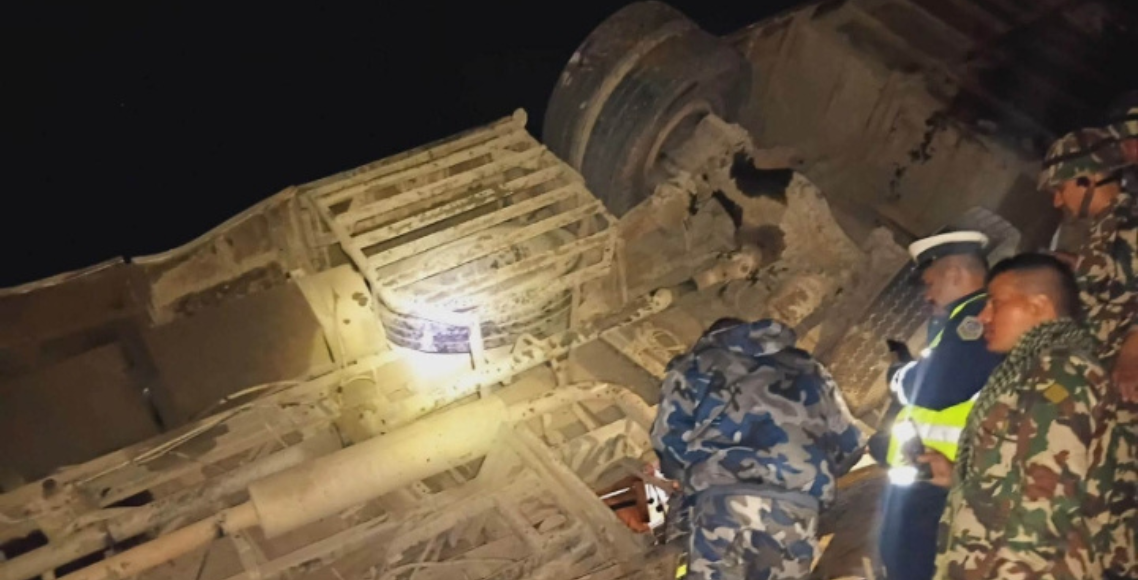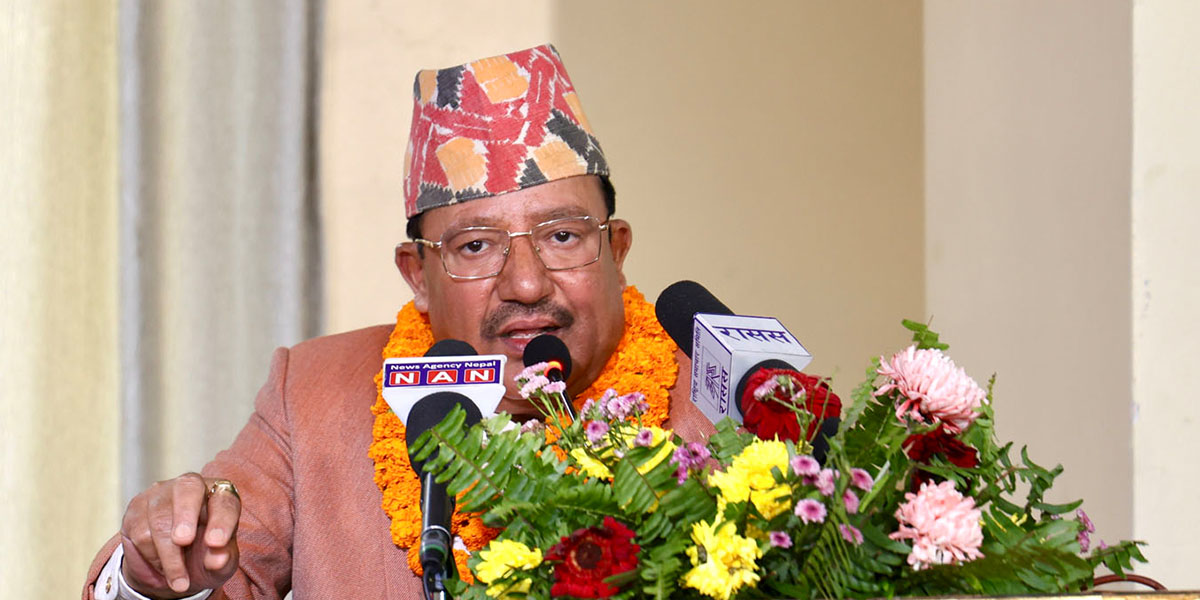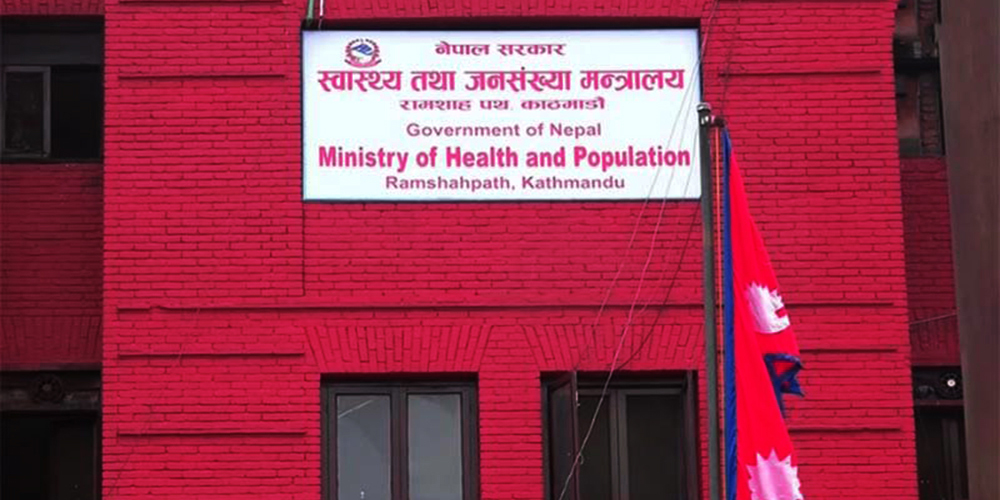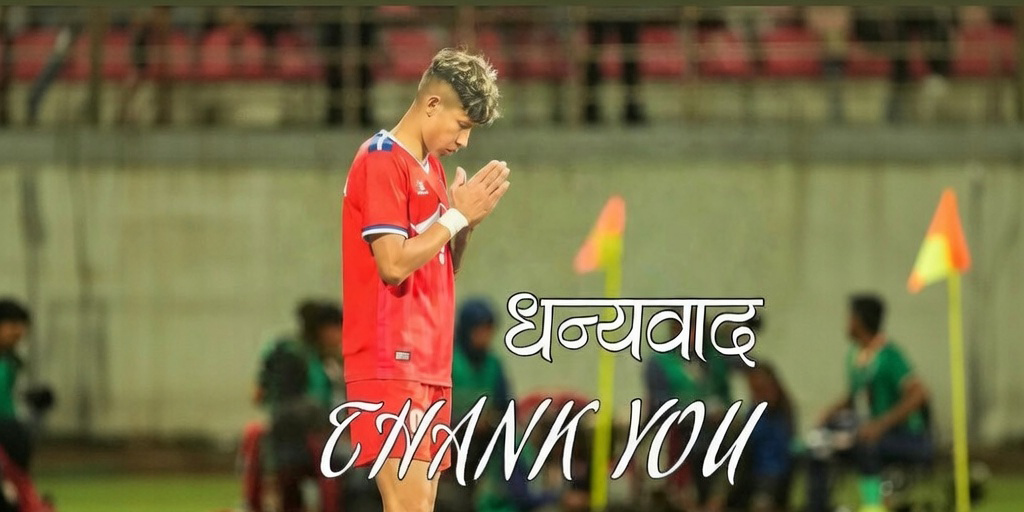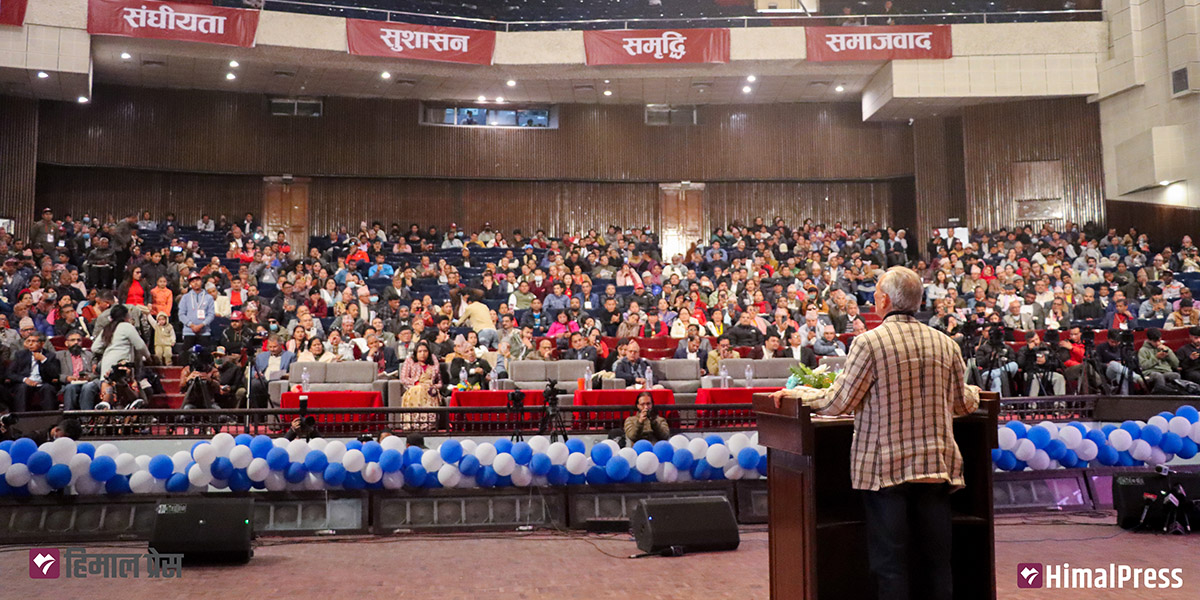
KATHMANDU: The electoral process for selecting new leadership in the Nepal Socialist Party (Naya Shakti) has begun.
The convention on Monday passed the political report titled “New Responsibilities of the New Era: The Relevance and Basis of Alternative Power” presented by Coordinator Dr Baburam Bhattarai, according to Naya Shakti leader Krishna Sharma.
Discussions were held on the report by forming various groups during the closed session. Sharma also said that the meeting passed proposals on contemporary politics and amendments to the party statute.
Naya Shakti has decided to form a 99-member central committee based on the inclusive proportional representation principle, ensuring representation from Dalits, indigenous tribes, Khas/Arya, Madhesis, Tharus, Muslims, and religious, sexual, and ethnic/linguistic minority communities. Out of the 99 members, 90 will be elected through a direct election system, while nine will be nominated. The central committee will have 11 office bearers.
According to Sharma, the central chairperson will be elected through a direct election system. The central committee will have five vice-chairpersons, including a woman vice-chairperson, Khas/Arya vice-chairperson, indigenous tribe vice-chairperson, Madhesi/Tharu vice-chairperson and Dalit vice-chairperson. The general secretary and treasurer will be elected through an open electoral system. The central committee will have three secretaries.
Nine central committee members will be nominated. Out of the remaining 79 members, 20 will be elected from 10 provinces (2 from each province: 1 open and 1 woman), 12 will be elected from an open system (six open, two women, two youths and two young women). Similarly, 14 central committee members will be elected through Khas/Arya clusters – six open, three women, four youth and one young woman.
According to the party, 13 central committee members will be elected from indigenous nationality cluster, seven from Madheshi cluster, six from Dalit cluster, three from Tharu cluster, and two from Muslim/minority cluster.

 Himal Press
Himal Press 